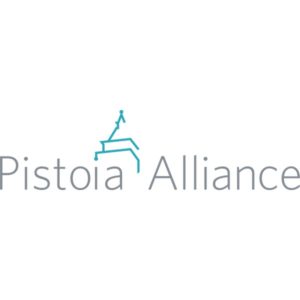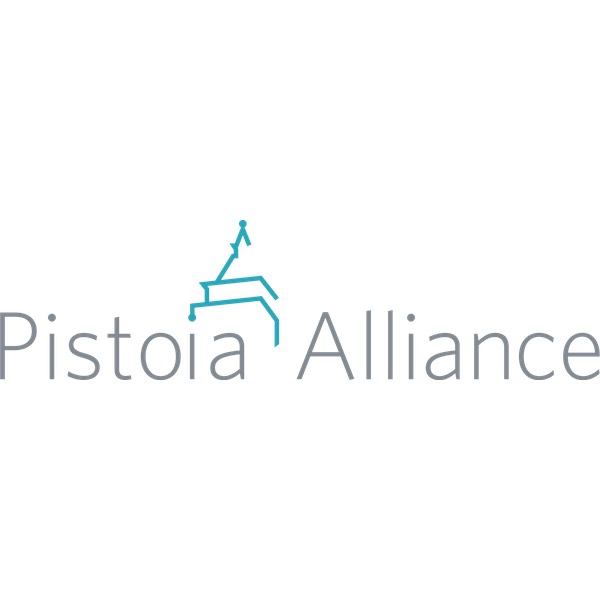 The Pistoia Alliance has released results of a survey that found that 72 per cent of science professionals believe their sector is lagging behind other industries in the development of AI.
The Pistoia Alliance has released results of a survey that found that 72 per cent of science professionals believe their sector is lagging behind other industries in the development of AI.
To accelerate the successful use of AI, The Pistoia Alliance has launched its Centre of Excellence for AI in Life Sciences, aiming to encourage greater collaboration between stakeholders to bridge the gap between technology and science. The aim of the centre is to bring together best practice, adoption strategy, events, and hackathons covering a range of challenges.
The survey found adoption of AI is high, with 69 per cent of companies using AI, machine learning, deep learning, and chatbots; an increase from when the same question was asked in September 2017, where 44 per cent of respondents were using or experimenting with AI.
This survey shows interest in AI remains strong, but there is still a challenge with moving past the hype to a reality where AI is delivering insights with the power to truly augment researchers’ work,” commented Dr Steve Arlington, president of The Pistoia Alliance. “It is significant that a majority of people in our own industry believe we are trailing other sectors in the use of AI, and we must address this issue by working closely with each other and with stakeholders in other sectors. Spaces to virtually collaborate, like our Centre of Excellence, will become even more critical as political and social shifts – from Brexit to changes to US immigration laws – impact how scientists share knowledge and ideas. AI is poised to have a radical impact on life sciences and healthcare, but the industry must give researchers the best chance of success.”
A further 19 per cent of respondents signalled that they plan to use AI within the next 12 months, with just 12 per cent of life science professionals not using AI at all.
While it is clear that life science companies are using or planning to use AI in their business there was an indication by the survey respondents that the technology was not yet providing value. Of those currently using AI in their organisations, approximately 21 per cent felt that their projects were not yet providing meaningful outcomes and 21 per cent ‘didn’t know’ if projects were delivering meaningful outcomes. The Pistoia Alliance believes collaboration between interested parties will be essential in ensuring AI projects lead to results that positively impact R&D.
“AI is a multidisciplinary field that needs many inputs to make it effective, and we often hear from our members that making links with other industries, such as the technology sector, is a barrier to AI’s evolution,” commented Dr Nick Lynch, Cofounder of The Pistoia Alliance. “Additionally, there are many concerns around whether AI will ‘take’ our jobs, and how we can ensure AI is ethical and unbiased. The Centre of Excellence will tackle these issues and more through other events and further research, helping researchers understand how AI will augment their work and the role of AI as a fundamental building block in building the Lab of the Future. Ultimately, patients’ lives depend on making breakthroughs, and we encourage anyone interested in AI to get involved with our Centre of Excellence.”
The survey of 229 senior pharmaceutical and life science leaders was conducted via webinar in May 2018. For information and slides from the webinars, see here. To find out how to get involved in the Centre of Excellence for AI in Life Sciences, which is also open to non-members of The Pistoia Alliance, see here.
This story appears here as part of a cross-publishing agreement with Scientific Computing World.
Sign up for our insideHPC Newsletter




